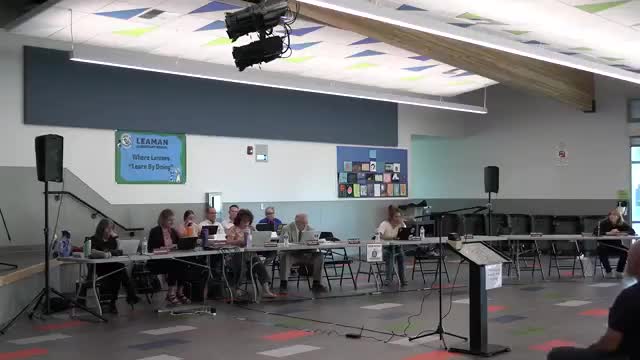Article not found
This article is no longer available. But don't worry—we've gathered other articles that discuss the same topic.
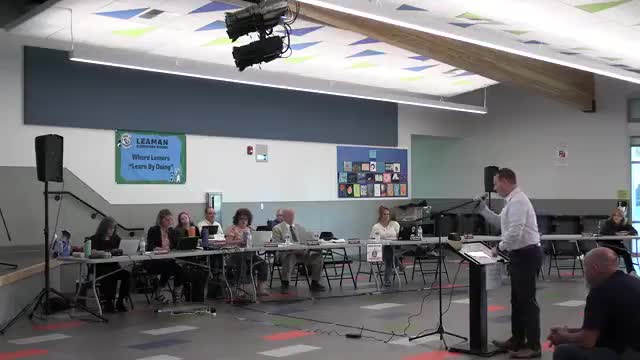
Board approves tentative agreement with certificated union, appoints maintenance director and updates salary schedules
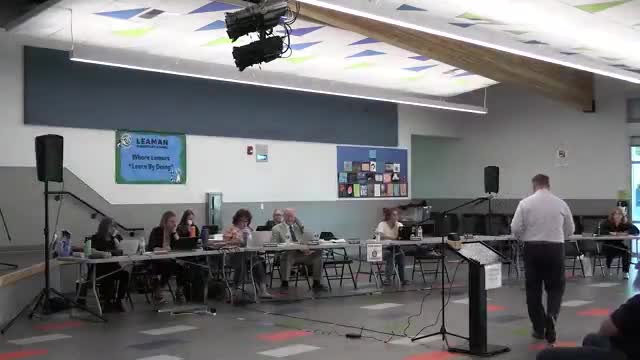
District explains cut to first‑grade aide program, outlines alternate literacy supports
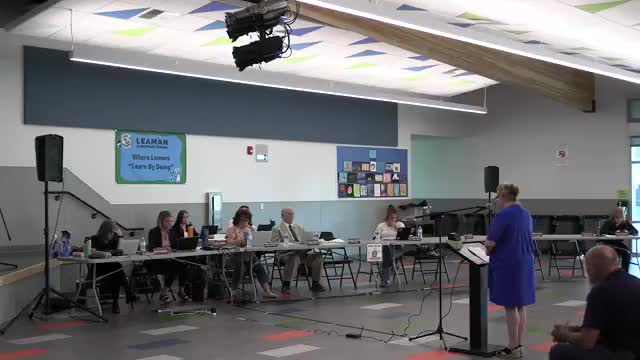
Board adopts Studies Weekly for elementary history and social science after year‑long pilot
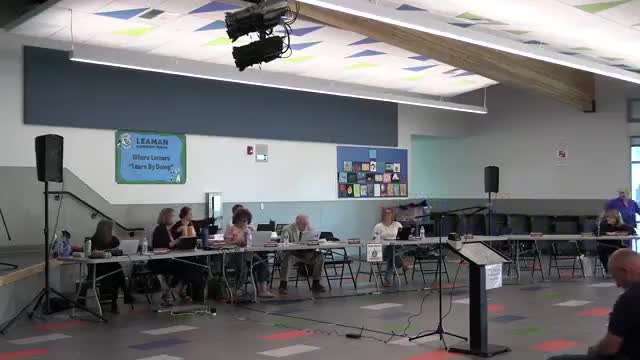
District officials outline May revision, warn of lower state revenue and enrollment shortfall
